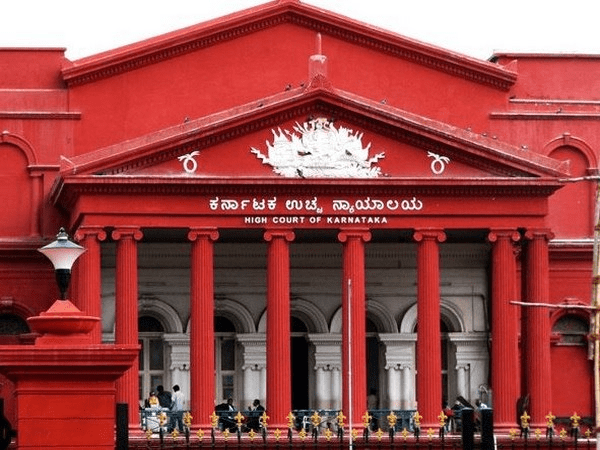The Karnataka High Court has upheld the levy of sales tax on set-top boxes (STBs), ruling that the transfer of the right to use these devices constitutes a taxable sale under the Karnataka Value Added Tax Act, 2003 (KVAT Act). The decision affirms the Karnataka Appellate Tribunal’s earlier orders and marks a setback for companies like ACT, Tata Play, and Den Network, which had challenged the tax imposition.
A Division Bench comprising Justices Krishna Dixit and G. Basavaraja dismissed the petitions filed by various cable service providers, affirming the Karnataka Appellate Tribunal’s interpretation of the KVAT Act. The court stated that STBs qualify as “goods” under Section 2(15) of the KVAT Act, and their transfer for consideration constitutes a sale under Section 2(29)(d).
“The authorities having accumulated expertise in the matter have formed a considered opinion that a sum of Rs 2,000 is the consideration for transferring the right to use the STBs. A Court exercising a limited revisional jurisdiction cannot run a race of opinions with the authorities and Tribunals which have recorded concurrent findings,” the Bench observed.
Petitioners’ arguments and the court’s response
The petitioners contended that STBs are merely information appliances and do not qualify as “goods.” They argued that these devices, which remain the property of cable operators, cannot be independently used by subscribers. Additionally, they maintained that the subscription fees were for activation services and not for the use of STBs.
Another argument put forth was that the KVAT Act was repealed by the Karnataka Goods and Services Tax Act, 2017 (KGST Act), and thus, the sales tax demand had become non-existent. The petitioners also objected to a retrospective government notification issued on March 15, 2021, under Section 174(2) of the KGST Act, which allowed tax authorities to retain certain powers despite the KVAT Act’s repeal.
The court, however, dismissed these claims, ruling that the definition of “goods” under the KVAT Act is broad enough to include STBs. It further upheld the retrospective application of the 2021 government notification, stating that the legislative intent was clear in allowing past tax claims to continue.
“If legislature intended to make operation of subsection (1) of Sec.174 KGST dependent upon a notification to be issued under sub-section (2), the language of the provision would have been much different,” the court stated.
This ruling sets a precedent for similar disputes across India, particularly concerning the taxation of digital services and related hardware. It confirms that the transfer of the right to use STBs, even without transferring ownership, can be subject to sales tax. Additionally, the court’s endorsement of retrospective taxation under the KGST Act could influence ongoing tax disputes in other sectors.


